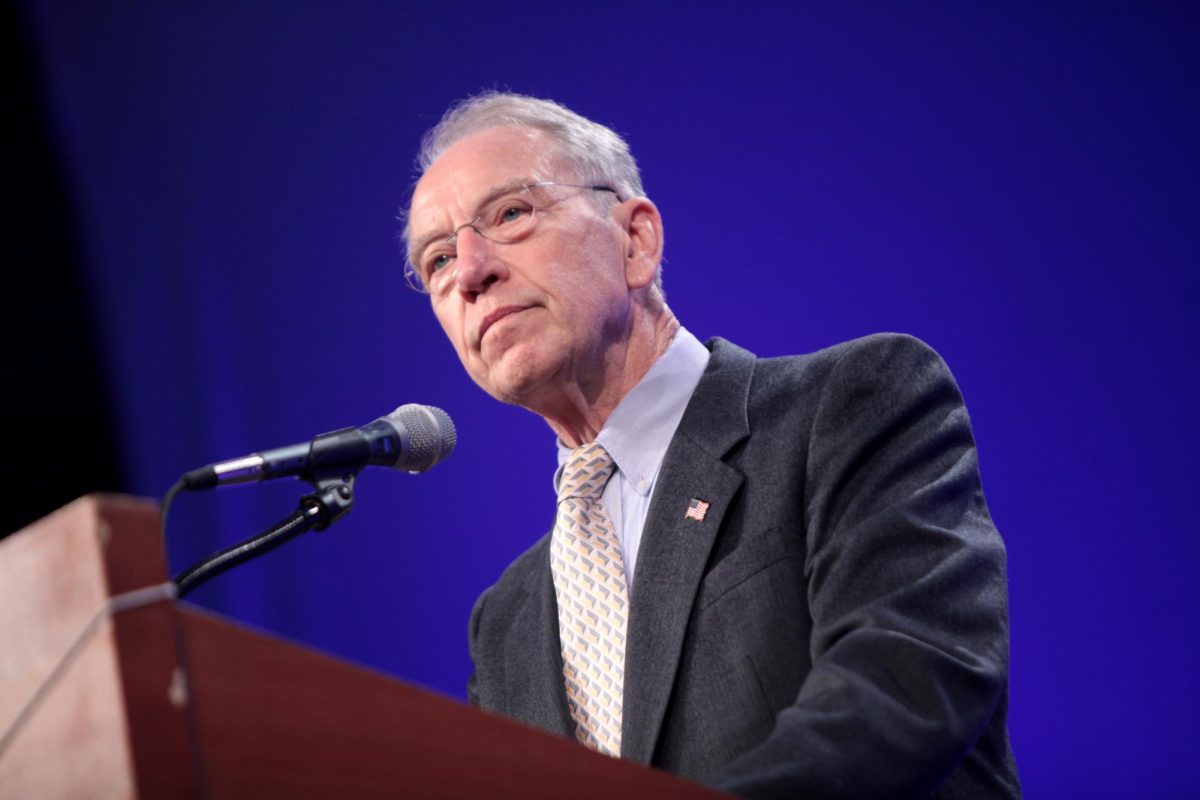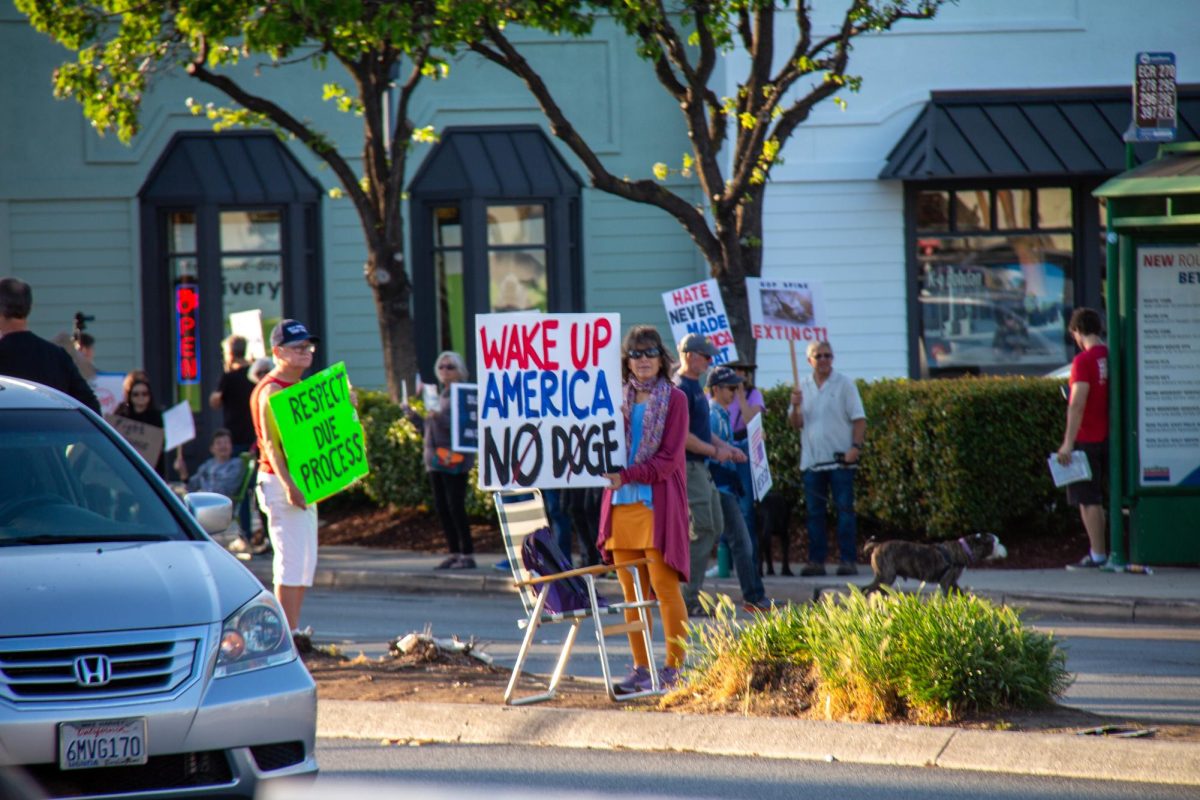WOODSIDE,CA- With the pride of a politician fulfilling a promise to his voters, President Trump announced that the U.S. would be pulling out of the Paris Climate Agreement.
The agreement, which former President Barack Obama endorsed in December of 2015, is a non-binding treaty which aims to keep post-industrial warming below 2 degrees celsius (a threshold which many scientists call “the point of no return” for the earth’s climate).
The decision has drawn applause from his own base, while also inviting the condemnation of some world leaders, who have agreed with most of the scientific community’s evaluation and see the climate deal as a crucial step in combating global warming.
Brooke Darmanin, a biology teacher at Woodside and a supporter of the climate deal, sees Trump’s decision as a miscalculation and believes that the choice highlights underlying problems with the administration.
“I know that most of the countries of the world are involved in [the deal] and I think it’s very indicative of the types of advisors that our president has that he would make the decision to ignore the overwhelming consensus of the scientific community on climate change,” Darmanin told the Woodside World.
Some students also worry about how Trump’s decision could affect the United States’ world standing and its relationships with its allies.
“I see [his decision] as a mistake because it shows that America isn’t committed to combat world issues and it’s not something that we can take on by ourselves nor can the rest of the world,” Tim Goode, a senior at Woodside, commented.
After his announcement, a usually garrulous President Trump let his supporting cast do most of the talking, retweeting a number of his supporters’ approving comments. Many of these comments attacked the Paris deal for unfairly targeting U.S. businesses and energy interests.
Trump’s sole statement on Twitter was, “My only job as president is to do everything within my power to give America a level playing field.”
Some students agree with the President, arguing that, while moves do need to be made to address climate change, the Paris deal was a step in the wrong direction.
“The climate accord in itself is not a legally-binding [treaty]; it’s just something that a bunch of countries agreed to and more of an agreement rather than something concrete that’s providing actual change isn’t that good, especially since the U.S. is funding a lot of the $100 billion that are going into this agreement [annually],” junior Christian Canellos said, referring to the $100 billion collected by the accord every year to fund the transition to clean energy in developing nations.
Some students understand that Trump made a commitment to put the United States first, but argue that he is missing the big picture in pursuing this policy.
“[Trump] ran on creating more coal jobs and more manufacturing jobs and the climate accord would definitely negatively affect that kind of business,” Goode conceded. “But, at the same time, there are plenty of new [economic opportunities] that come with the deal that he’s not looking at.”
Both those in favor and those against Trump’s decision see his move having major consequences on the fight against climate change.
“Businesses who are willing to take advantage of [Trump’s decision] could skirt the E.P.A. regulations that are for now still in place and try and boost emissions through improper manufacturing techniques,” Darmanin predicted.
But supporters of the decision sees the move as an opportunity for the country to modify the agreement to make it more fair for the United States.
“Obviously the climate is super important, the environment is super important, and we need to have something [to protect it],” Canellos said. “But, if we’re going to protect the environment, we should do it in a way that the whole world is contributing, not just the U.S.”
While the country and world still debates on whether the President was justified in making his decision, some students have decided to be proactive and to take actions to combat climate change themselves.
Goode reports: “Just because our country isn’t going to abide by certain agreements doesn’t mean that I can’t make an effort to do that and my city and my state can’t make an effort to reach the standards that the world is looking for.”








